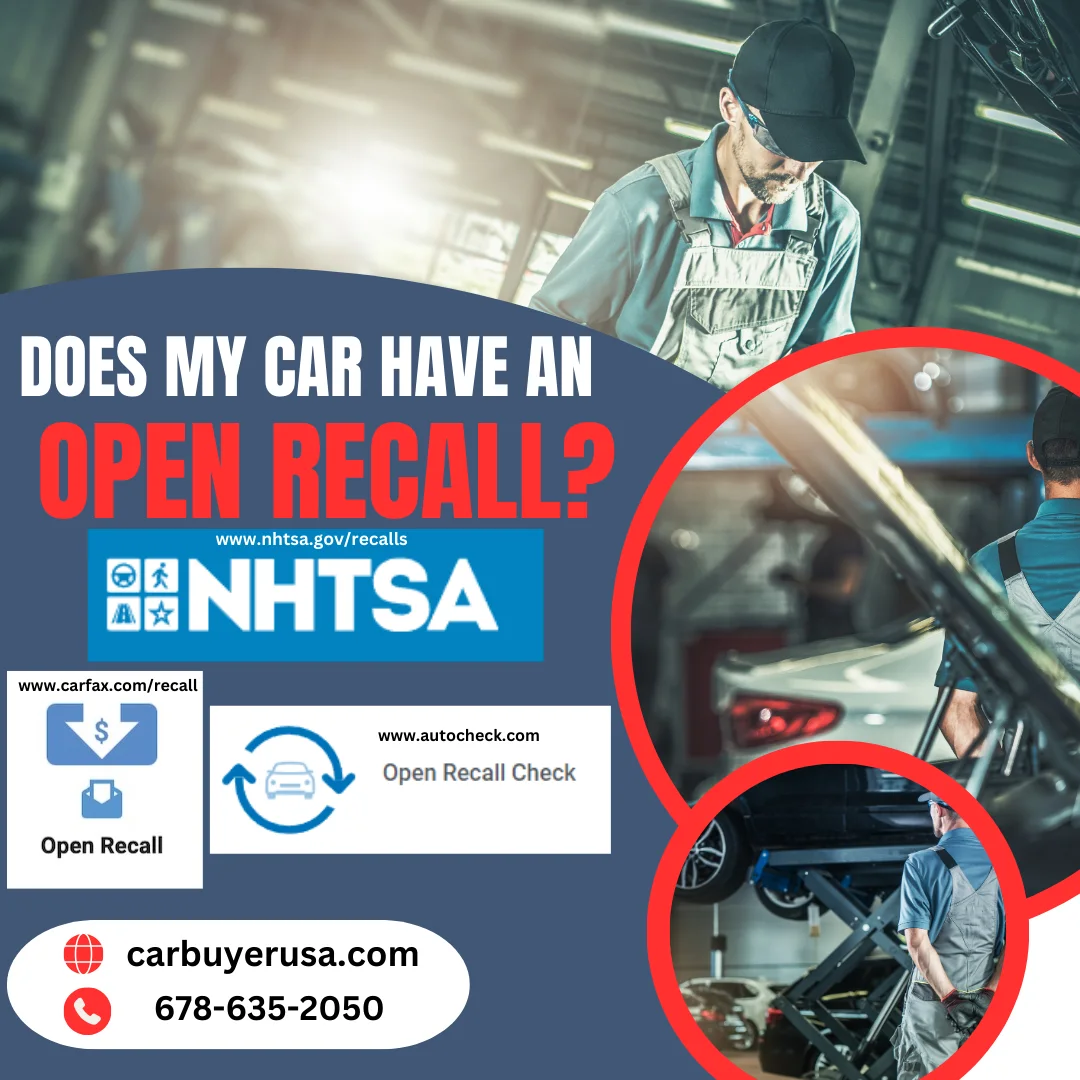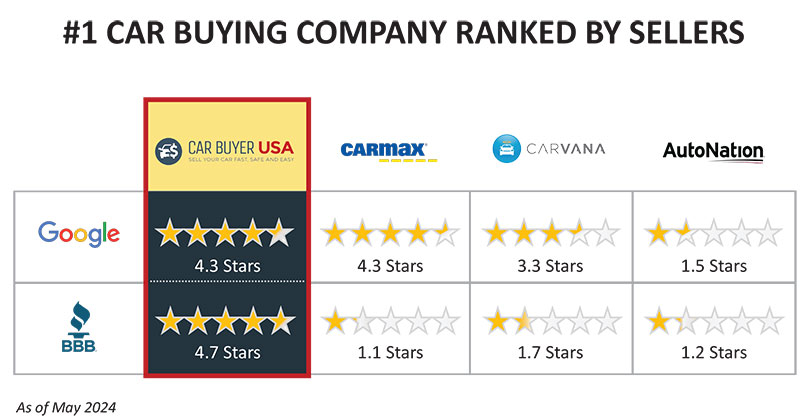
Recent automobile recalls have been issued by several manufacturers, underscoring critical safety concerns for consumers. It appears that more and more vehicle owners will need to check more often for those dreaded recalls. Sometimes, the recalls can be a blessing in disguise due to safety concerns.
When we checked the latest recalls, just under a month ago, Honda was the latest to recall 2022-2024 Civic models because the steering rack might have an incorrect stroke length setting, potentially damaging tires and increasing the risk of a crash, especially if snow chains are used. Mazda has recalled over 10,000 of its 2024 CX-90 Hybrids due to a faulty forward collision warning system. This defect can cause the system to mistakenly detect obstacles and unexpectedly activate the brakes, increasing the risk of rear-end collisions. The company is addressing this issue by reprogramming the vehicle control module to prevent false detections and sudden braking
Toyota still makes the recall status by initiating a recall for 2023-2024 Prius models due to the risk of water entering and short-circuiting the electronic rear door latches, which could cause the doors to open unexpectedly while driving or during a crash. Additionally, Toyota has recalled 2022-2024 Tundra, Sequoia, and Lexus LX 600 models due to a transmission defect that may cause the vehicle to move forward even when shifted to neutral. Various models, including the 2023-2024 Camry, have also been recalled due to improperly welded head restraints, increasing the risk of injury in a collision.
Ford has recalled 2023 Bronco models with hard tops due to the potential for rear quarter glass detachment while driving. Additionally, 2023-2024 Ford F-750 and F-650 models have been recalled because the parking brake handle could release without pressing the release button, posing a risk of unexpected vehicle movement. Fiat Chrysler (Stellantis) has also issued a recall for 2023-2024 Jeep Grand Cherokee models due to a defect in the steering knuckle, which might cause the ball joint to separate, leading to a potential loss of vehicle control. These recalls highlight the importance of vehicle safety checks and prompt repairs to mitigate risks associated with these defects.
Tesla's highly anticipated Cybertruck has also faced a significant recall due to unintended acceleration. The issue stems from a software glitch that causes the vehicle to accelerate without input from the driver, posing a serious safety hazard. Tesla is working on an over-the-air update to correct this problem and ensure driver safety.
These recalls highlight the ongoing challenges and safety concerns faced by automakers, particularly with the increasing complexity of modern vehicles. As vehicles become more advanced, integrating sophisticated electronic systems and software, the potential for issues that can impact safety grows. As we discussed the importance of doing those recalls in a previous post, we cannot stress the importance of following through with them. It all goes back to SAFETY! If a resold vehicle is involved in a crash due to a factory recall that has not been completed, several consequences could occur. The seller could be held liable for selling a defective vehicle. This could lead to legal repercussions, including financial woes and potential lawsuits. If the recall is discovered after the crash, it could complicate insurance claims and coverage. Insurance companies may be hesitant to cover damages related to a recall issue, leaving the buyer responsible for repair costs. Overall, take care of all factory recalls NOW!
To check if your vehicle has been issued a safety recall, or to check if a vehicle you want to buy has been issued a recall, please visit nhtsa.gov/recalls, carfax.com/recall or autocheck.com .


